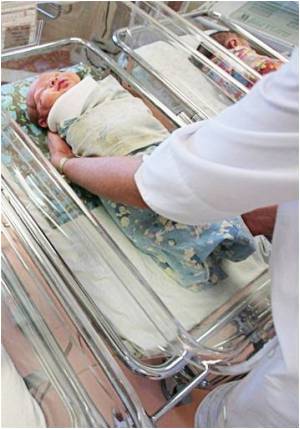
The review included 27 randomised controlled trials, which together involved 4,041 women who were up to 20 weeks pregnant.
Benefit was measured by various scales commonly used to gauge the severity of nausea at a time as close as possible to three days after treatment.
In six studies of acupressure and two of acupuncture there were no significant differences in benefit compared to control groups.
One study of acustimulation did, however, report some improvement over three weeks. There was limited evidence of an effect of ginger in relieving nausea, as there was for vitamin B6, antihistamines and antiemetic (anti-vomiting) drugs including the antenatal drug Debendox.
In addition, some of the treatments caused adverse effects including drowsiness in those taking antiemetics.
Advertisement
"We were also unable to obtain much information about whether these treatments are actually making a difference to women's quality of life.
Advertisement
Source-ANI










